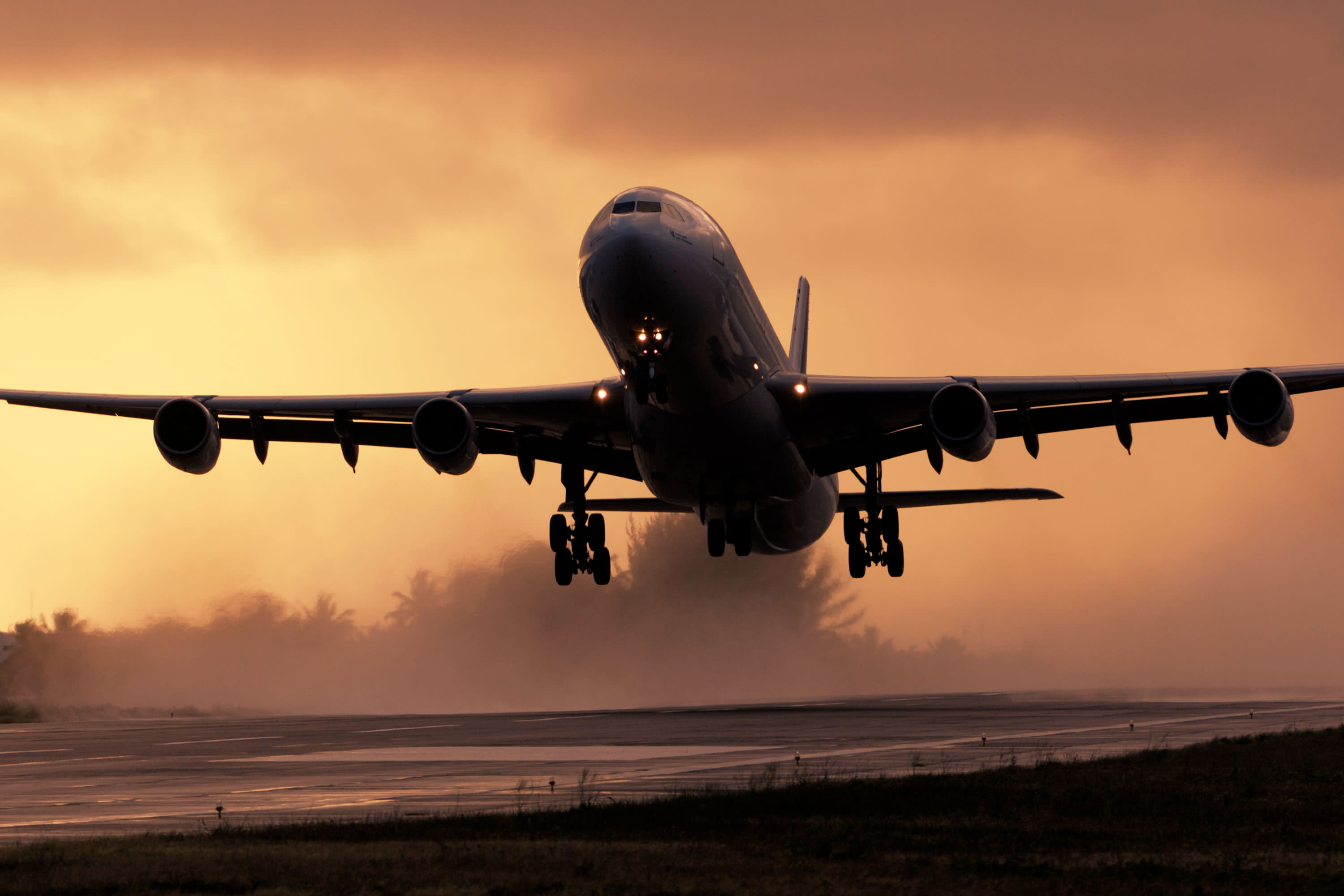aviation-images.com | Universal Images Group | Getty Images
DUBAI — Airbus Chief Commercial Officer Christian Scherer forcefully rejected the notion that his company is benefiting from the grounding of Boeing’s 737 Max fleet while speaking to CNBC during the Dubai Air Show.
“I really need to correct that cultural belief. This does not benefit anyone in this industry, the least of which would be Airbus,” Scherer told CNBC’s Hadley Gamble on Sunday.
“It’s a tragedy, it is an issue for Boeing to resolve, but it is not good for competitors to see problems on any one particular airplane type.”
The 737 Max fleet of roughly 400 planes has been grounded across the globe since mid-March after two crashes in less than five months that killed 346 people combined. The grounding has forced airlines to cancel thousands of flights, driven up costs and dented airlines’ profits.
To make up for the expected loss in services, Boeing in the second quarter took a $4.9 billion after-tax charge to compensate airlines but final amounts are unknown because regulators haven’t yet lifted the grounding.
Boeing and Airbus, often described as holding a duopoly over the large commercial airline industry since the 1990s, each own approximately half of that market. Orders for each company’s airliners, however, are expected to be smaller this year as the industry faces headwinds including a slowing global economy, climate change and safety concerns.
Airbus, Europe’s largest aerospace group, cut its delivery expectations for 2019 as it grapples with manufacturing delays at its recently expanded plant in Hamburg, Germany. It now plans to deliver “around 860” planes this year, down from an original target of between 880 and 890. It recorded an adjusted operating income of 1.6 billion euros ($1.78 billion) for the third quarter of 2019.
— CNBC’s Jessica Bursztynsky contributed to this report.
